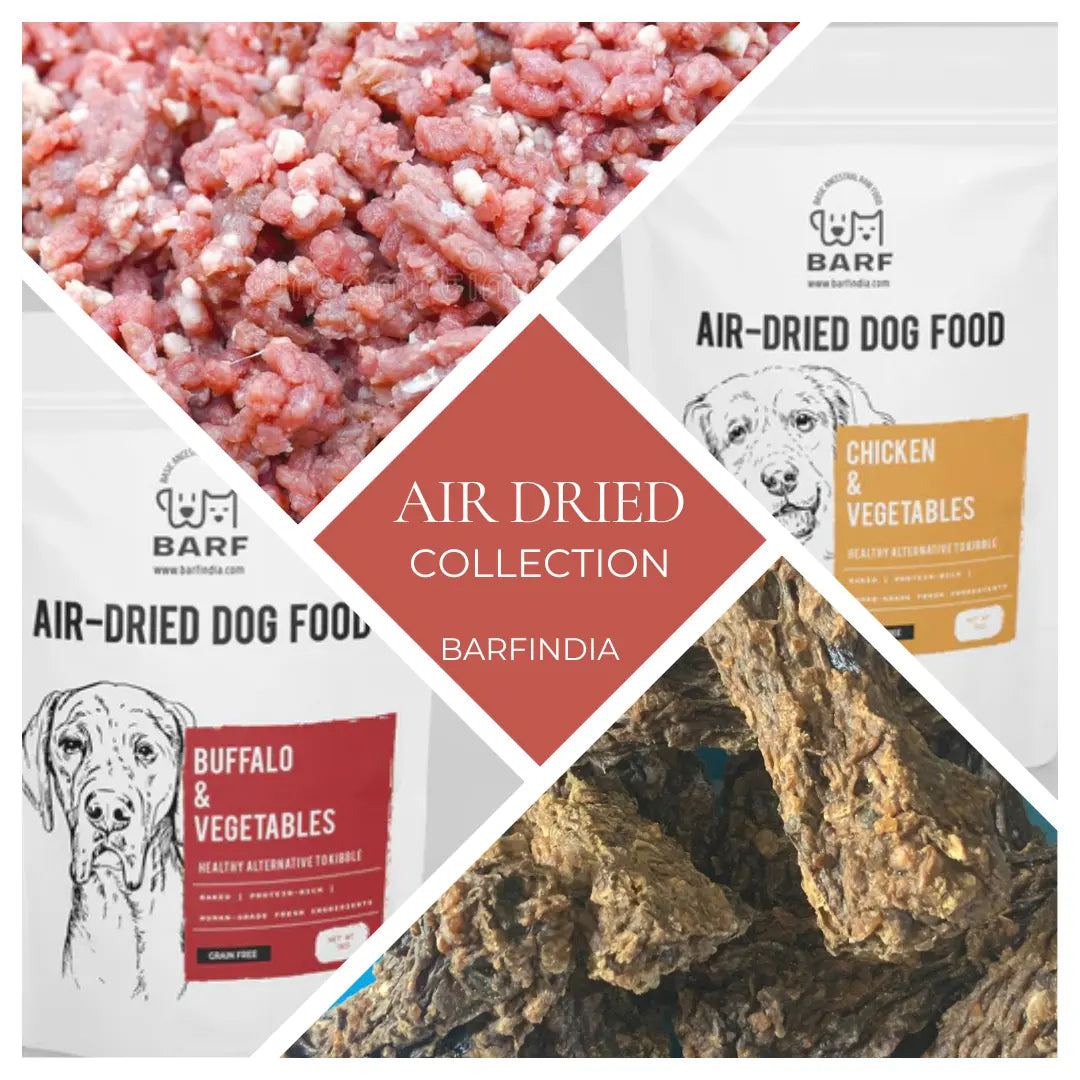
Health Issues in German Shepherds
Nivedita FernandesCommon Health Issues in German Shepherds: Prevention and Care
Health Issues in German Shepherds are important for every pet parent to understand. While German Shepherds are admired for their intelligence, loyalty, and versatility, they are also prone to certain breed-specific health problems.
By being aware of these common conditions, you can take proactive steps to ensure your dog lives a long, healthy life. This comprehensive guide on health issues in German Shepherds explores the most prevalent concerns—from hip dysplasia to digestive disorders—and provides practical tips on prevention, early detection, and effective care.
Understanding the Importance of Health Issues in German Shepherds
-
Improve Their Quality of Life: Early detection and management of health issues.
-
Extend Their Lifespan: Preventive care can help your German Shepherd live a longer life.
-
Reduce Veterinary Costs: Addressing issues early often prevents expensive treatments later.
1. Hip and Elbow Dysplasia
Symptoms:
- Limping or favoring one leg
- Stiffness, especially after exercise
- Difficulty rising, running, or jumping
Prevention and Management:
- Feed a balanced diet to support healthy growth.
- Avoid over-exercising puppies to protect developing joints.
- Provide joint supplements like glucosamine and chondroitin.
- Maintain a healthy weight to reduce joint strain.
- Regular veterinary check-ups to monitor joint health.
2. Degenerative Myelopathy
Symptoms:
- Weakness in the hind legs
- Difficulty standing or walking
- Dragging of the hind paws
Prevention and Management:
- Regular exercise to maintain muscle strength.
- Use of mobility aids, like wheelchairs, as the disease progresses.
- Physical therapy to improve quality of life.
- Genetic testing before breeding to reduce the risk.
- Swollen abdomen
- Restlessness or pacing
- Attempting to vomit without success
- Rapid breathing and drooling
Prevention and Management:
- Feed smaller, more frequent meals instead of one large meal.
- Avoid vigorous exercise right after eating.
- Use slow-feeder bowls to reduce gulping.
- Know the emergency signs and seek immediate veterinary care if bloat is suspected.
- Limping that shifts from one leg to another
- Pain when the affected leg is touched
- Reduced activity levels
Prevention and Management:
- Feed a high-quality diet specifically for large-breed puppies.
- Avoid over-exercising young dogs.
- Provide pain management under veterinary guidance if needed.
5. Epilepsy
Symptoms:
- Sudden, uncontrolled muscle movements
- Collapsing and stiffening
- Drooling, chomping, or foaming at the mouth
Prevention and Management:
- Administer prescribed anti-seizure medications.
- Keep a seizure diary to track frequency and triggers.
- Avoid exposing your dog to known triggers, such as stress or flashing lights.
- Regular veterinary visits to adjust treatment as needed.
6. Allergies
- Itching and scratching
- Red, inflamed skin
- Chronic ear infections
- Gastrointestinal issues (for food allergies)
Prevention and Management:
- Identify and eliminate allergens through testing.
- Feed a hypoallergenic diet if food allergies are suspected.
- Use medicated shampoos or topical treatments for skin issues.
- Administer antihistamines or other medications as prescribed.
7. Perianal Fistulas
- Painful defecation
- Licking or biting the anal area
- Foul odor and discharge around the anus
Prevention and Management:
- Maintain good hygiene in the anal area.
- Provide a high-fiber diet to reduce straining.
- Seek veterinary treatment, which may include medication or surgery.
8. Hemophilia
Symptoms:
- Excessive bleeding from minor cuts
- Bruising or swelling
- Nosebleeds
Prevention and Management:
- Screen breeding dogs for hemophilia.
- Avoid activities that could cause injuries.
- Seek immediate veterinary care for any bleeding incidents.
9. Skin Conditions
Symptoms:
- Red, itchy, or flaky skin
- Hair loss
- Persistent licking or scratching
Prevention and Management:
- Regular grooming to keep the coat clean and healthy.
- Use flea and tick preventatives to avoid parasitic infections.
- Treat underlying causes with veterinary guidance.
Preventive Health Tips for German Shepherds
-
Regular Vet Checkups: Schedule routine veterinary visits to catch potential health issues early.
-
Balanced Diet: Feed a high-quality diet appropriate for your dog’s life stage.
-
Exercise: Provide regular physical activity to maintain a healthy weight and overall well-being.
-
Grooming: Keep your German Shepherd’s coat clean and free of mats.
-
Vaccinations and Parasite Control: Stay up to date on vaccinations and use flea, tick, and heartworm preventatives.
-
Genetic Testing: If possible, ensure your dog’s parents were screened for hereditary conditions.



